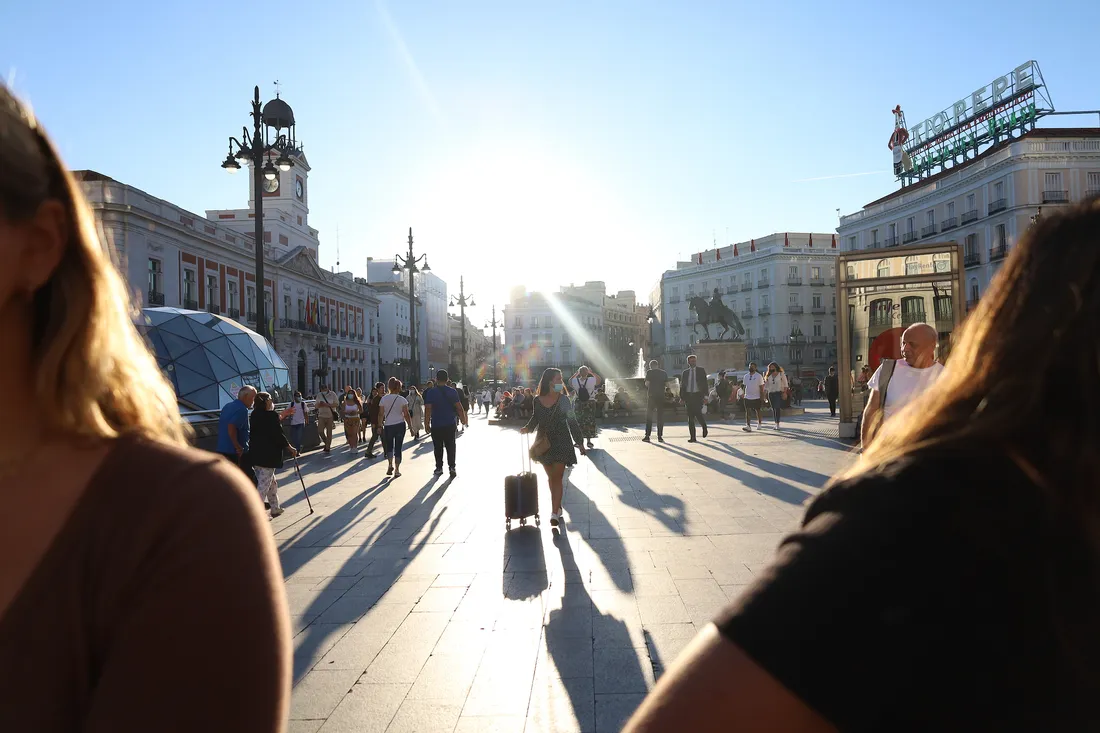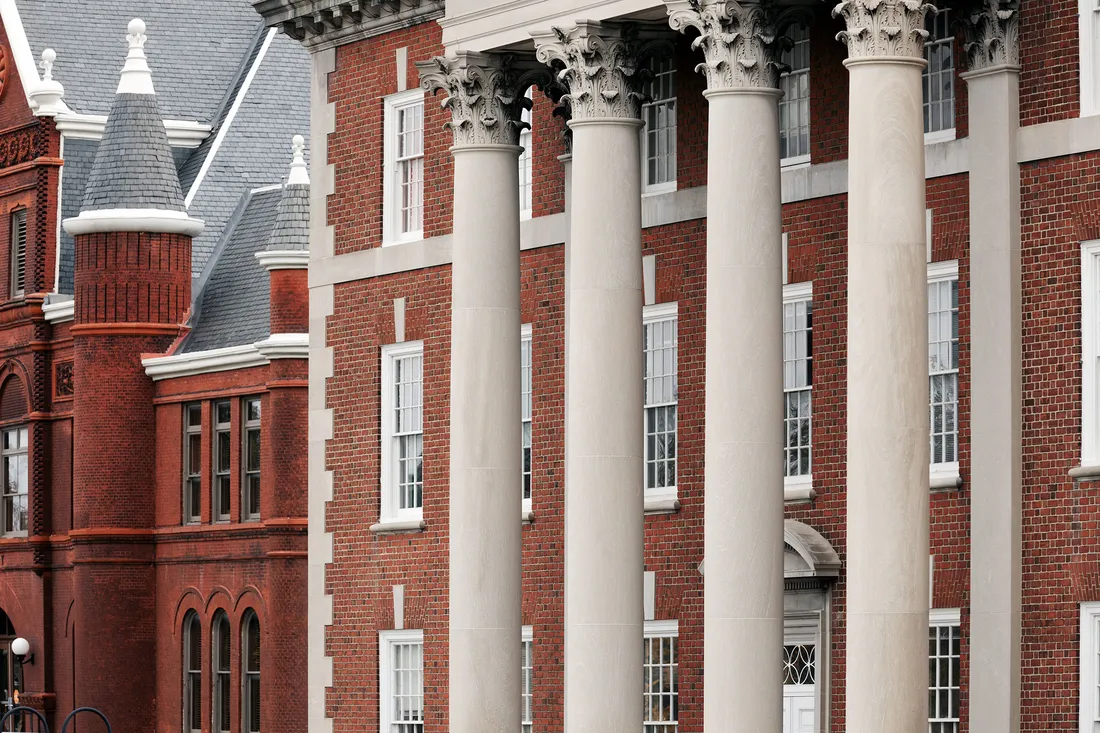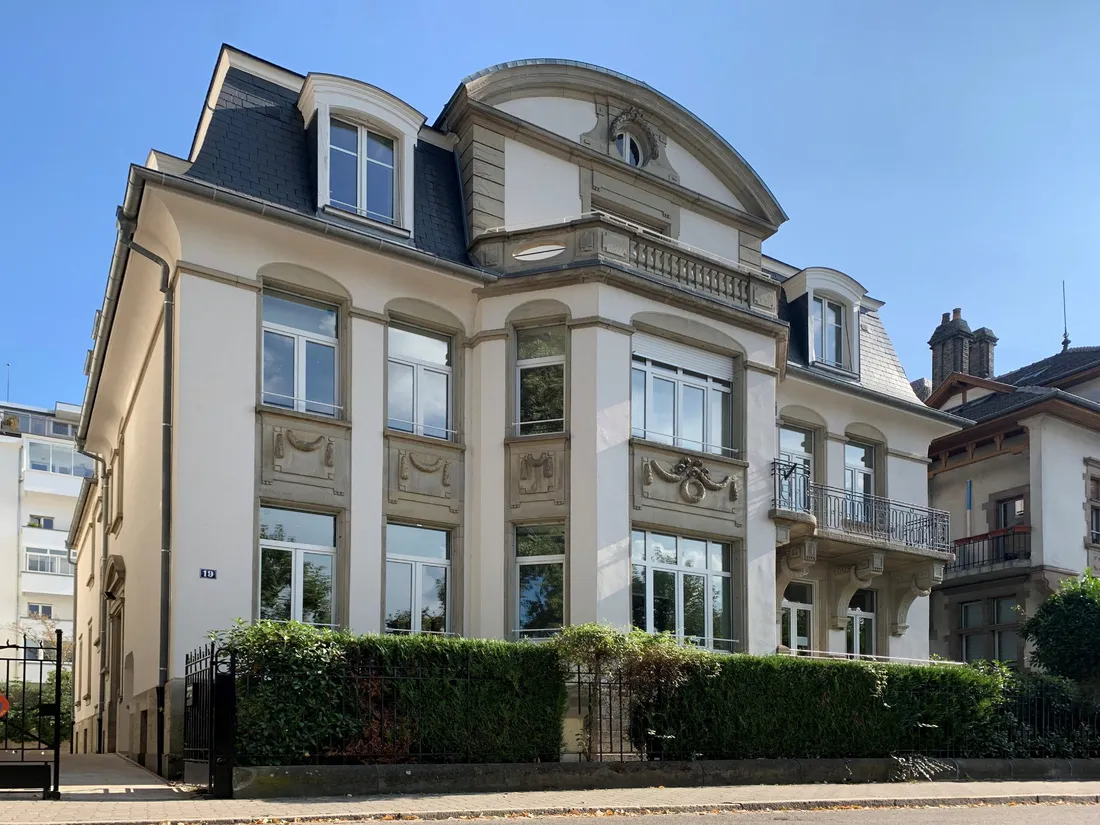
The Syracuse Strasbourg Center, where Syracuse Abroad programming is based and courses are taught, is within walking distance of downtown Strasbourg and important European institutions.
When Lauren Romero G’21, Jen Proch G’21 and Anna Marie Andrews G’21 chose to study international relations at Syracuse University’s Maxwell School of Citizenship and Public Affairs, they were especially interested in the international internships integral to the curriculum. And despite being in the cohort whose graduate programs were largely remote because of COVID-19, each succeeded in obtaining a prestigious internship with the Council of Europe. Based in Strasbourg, France, the Council of Europe was founded in the wake of World War II to uphold human rights, democracy and the rule of law in Europe.
Syracuse University is the only U.S.-based institution of higher learning through which students can participate in internships at the council. This extraordinary privilege is made possible in large part thanks to Syracuse Abroad’s long-established and well-respected presence in Strasbourg. For more than four decades, Syracuse students—and those who enroll in the program from universities around the nation—have lived and studied in Strasbourg, home to some of Europe’s most important political institutions.
In addition to providing unparalleled opportunities for studying international relations and European history and politics, Syracuse Strasbourg also offers specialized programs in engineering and music. “Through their experiences in Strasbourg, our students discover the multiplicity of European perspectives on important issues, and this allows them to engage in productive dialogue when they are placed in internships at the council,” says Raymond Bach, longtime director of the Syracuse Strasbourg Center.
Through their experiences in Strasbourg, our students discover the multiplicity of European perspectives on important issues, and this allows them to engage in productive dialogue when they are placed in internships at the council.
Raymond Bach, director of the Syracuse Strasbourg Center
Personalized Approach
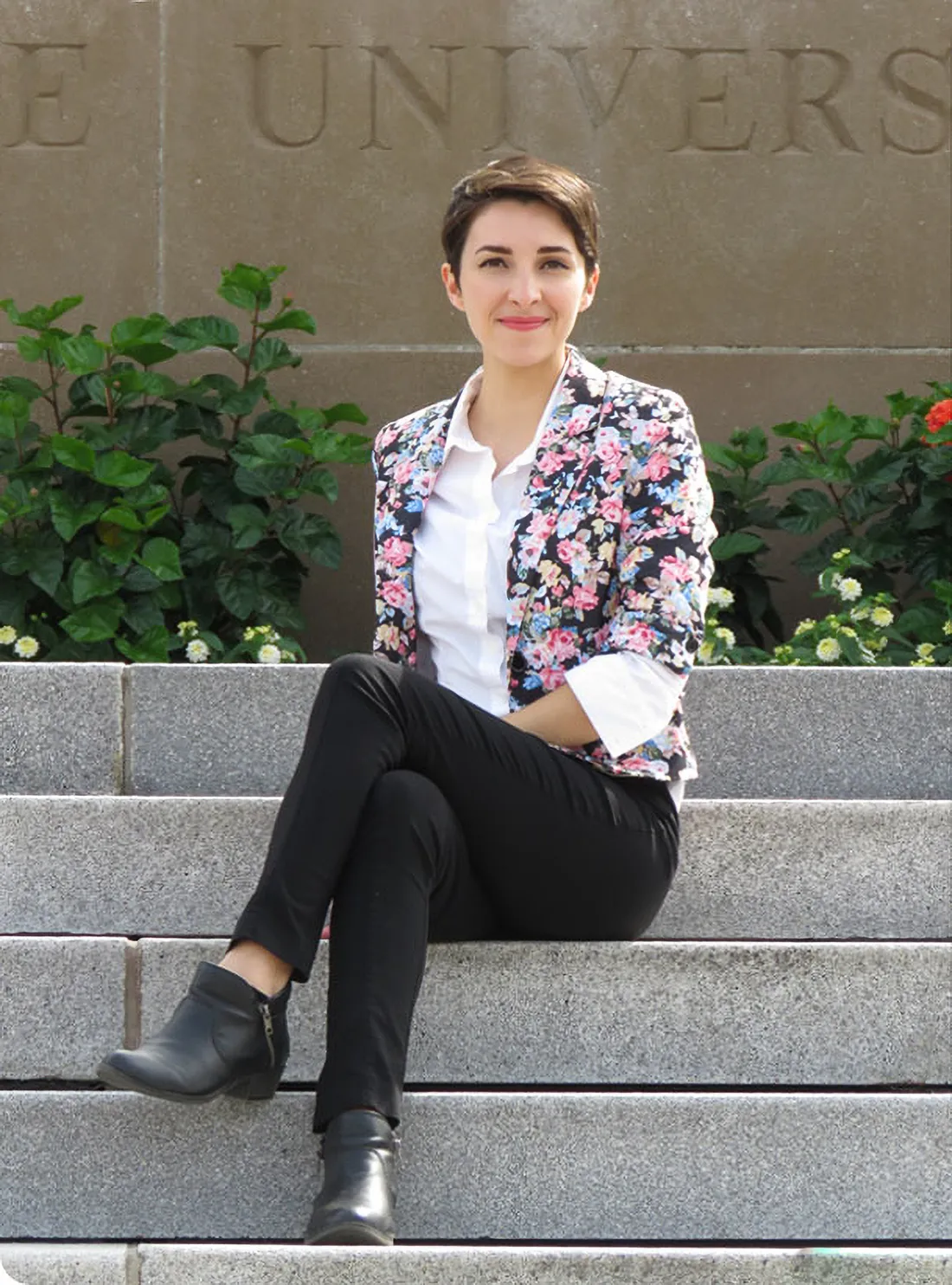
Lauren Romero G’21 contributed to a project addressing how drug-related policies affect refugees, internally displaced persons and migrants.
Romero, Proch and Andrews’ internships were based in the council’s Pompidou Group, which handles issues related to substance use and trafficking. They developed their independent projects collaboratively with Pompidou Group staff and their supervisor, Thomas Kattau, the deputy executive secretary, and each student contributed to projects that aligned with her areas of interest.
Lauren Romero G’21 was first drawn to work on issues of migration and human rights when, as an undergraduate at the University of Oklahoma, she interned in Italy at a time when many migrants were coming in from parts of the world experiencing crises. Witnessing the challenges they faced galvanized her resolve. “That was the first time I really considered how policy impacts people’s identities and their ability to incorporate into new communities,” she says. “I realized I want to work with people on the move and be part of creating policies that will benefit them.”
We looked into the intersectionality between people on the move, mental health, trauma and exposure to drug trafficking. It was a topic I am passionate about and exactly the research I always wanted to do.
Lauren Romero G’21
To develop skills and qualities important to diplomacy, Romero enrolled in Syracuse’s former dual-degree public diplomacy master’s program—now the one-degree public diplomacy and global communications master’s program—which incorporates coursework at the Maxwell School and at the S.I. Newhouse School of Public Communication. “The public diplomacy and global communications program is a perfect marriage between communications and international affairs. I knew it would prepare me to communicate effectively across cultures, gather and interpret data, and translate those interpretations for a range of audiences and platforms.”
During her internship with the Council of Europe, Romero contributed to a research project addressing how drug-related policies affect refugees, internally displaced persons and migrants. “We looked into the intersectionality between people on the move, mental health, trauma and exposure to drug trafficking. It was a topic I am passionate about and exactly the research I always wanted to do.” It was particularly meaningful, she says, to know that their work would have real-world implications. “Our group was made up of practitioners who work directly with migrants and displaced people. The handbook we developed is intended to help guide policy,” she explains.
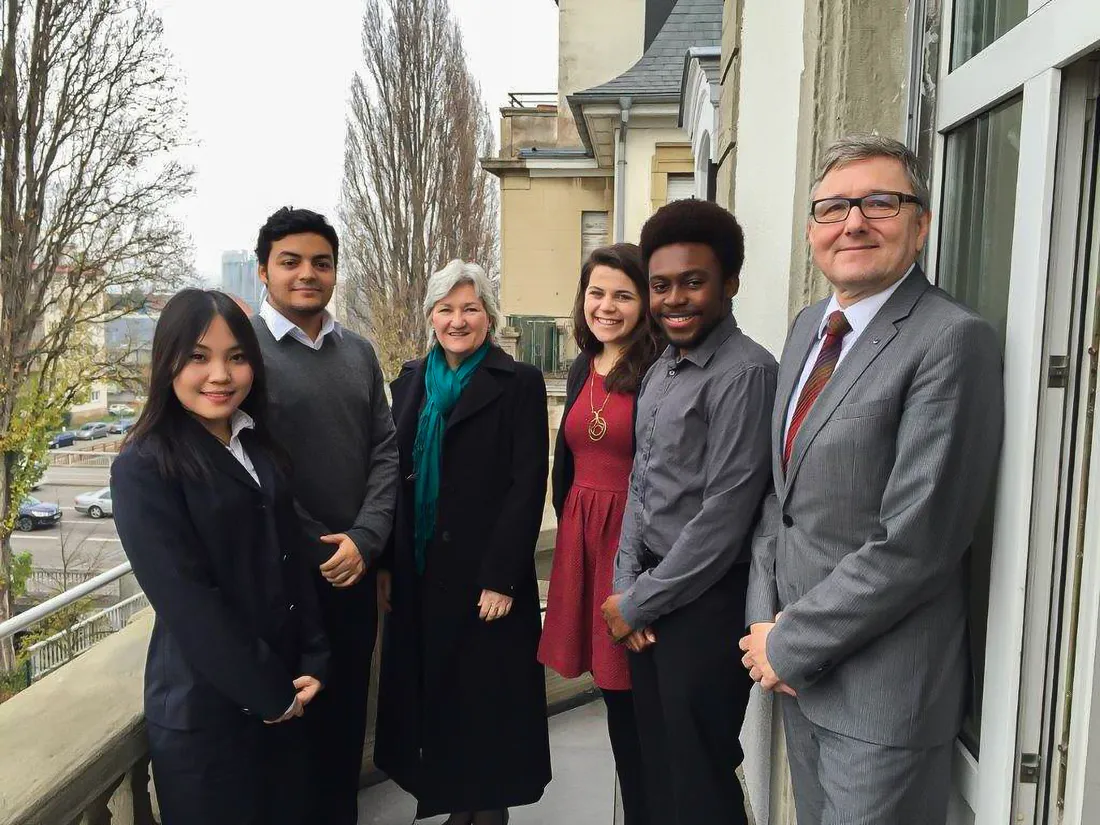
Thomas Kattau (right), deputy executive secretary of the Pompidou Group, mentors Syracuse University students who intern at the Council of Europe.
Timely Research
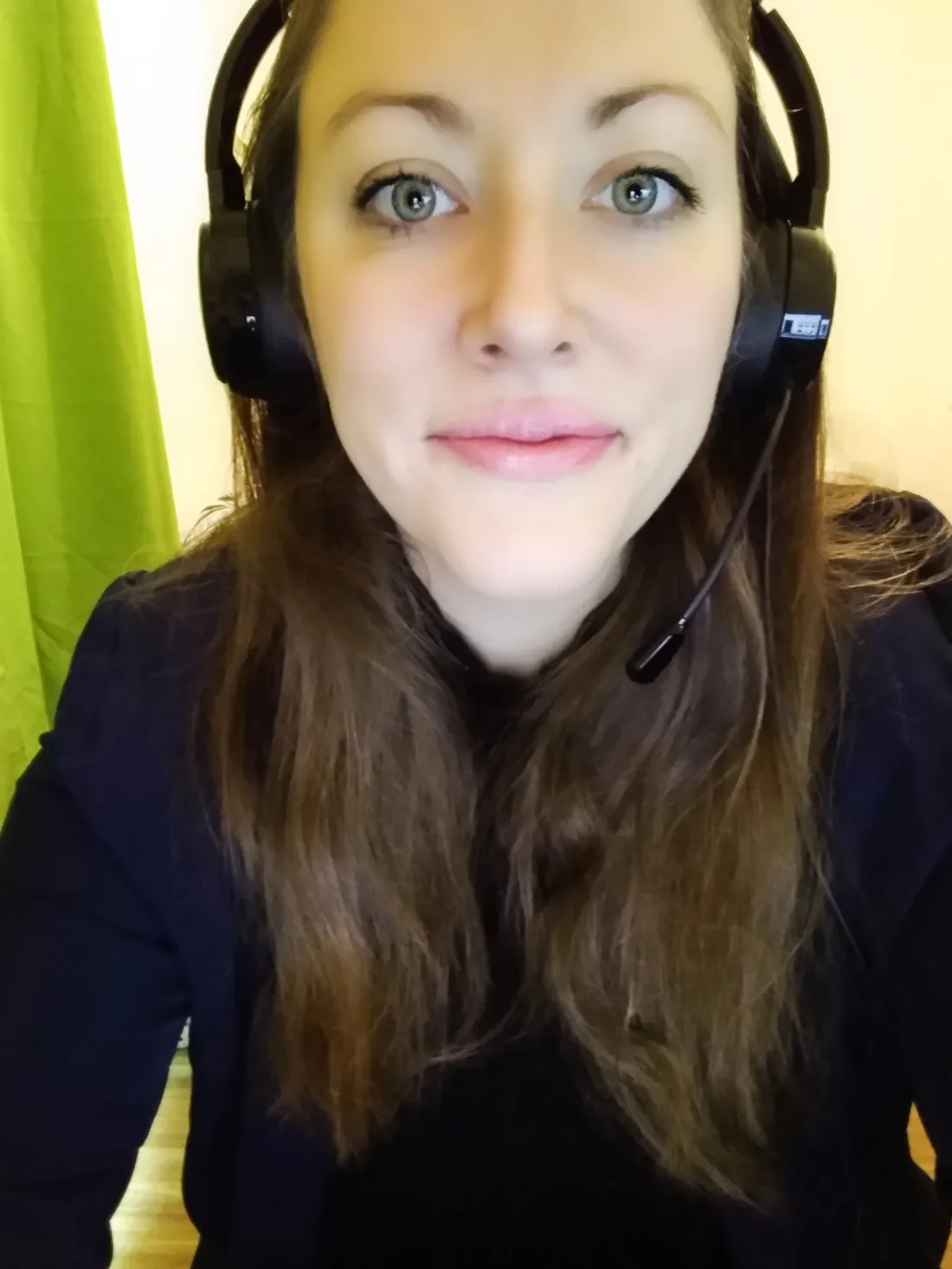
Jen Proch G’21 did her internship at the Council of Europe remotely, while living in Berlin and taking classes at a German university.
Before enrolling at Syracuse University, Jen Proch G’21 taught high school social studies and coached the school debate team. Her daily immersion in discussions about international affairs propelled her to become more proactively involved in the policy spaces she covered in class, she says.
As a proficient speaker of German, Proch was thrilled to discover the Maxwell School’s Atlantis Program, in which students can earn master’s degrees from both Maxwell and the Hertie School of Governance in Berlin. She relished her year on the Syracuse campus, especially the professional experience she gained as a research assistant with the Program for the Advancement of Research on Conflict and Collaboration and the connections she made with peers from around the world.
Proch arrived in Germany just before the borders closed, and she completed her internship with the council while living in Berlin. Her research and projects centered on the human rights implications of drug enforcement and policing at international borders and online. In particular, she studied surveillance tactics such as biometric tracking, online monitoring and personal data sharing which are used to catch drug traffickers and other criminal elements but are problematic in terms of data regulation, privacy, and freedoms of movement and expression.
The internship allowed Proch to jump “right into the meat of things—the important work,” she explains, and it also provided a clarifying lens on her future. “My internship at the Council of Europe confirmed how much I enjoy research and writing. And it provided insight into how I can use those skills in a job setting.” She also gained insight through courses on topics like geopolitics and energy policy, which complemented her interests in cybersecurity. “My academic experience helped me identify that I want to work in the space addressing technology policy and help make the governance of technology more responsible and accountable to people.”
My academic experience helped me identify that I want to work in the space addressing technology policy and help make the governance of technology more responsible and accountable to people.
Jen Proch G’21
Making a Difference
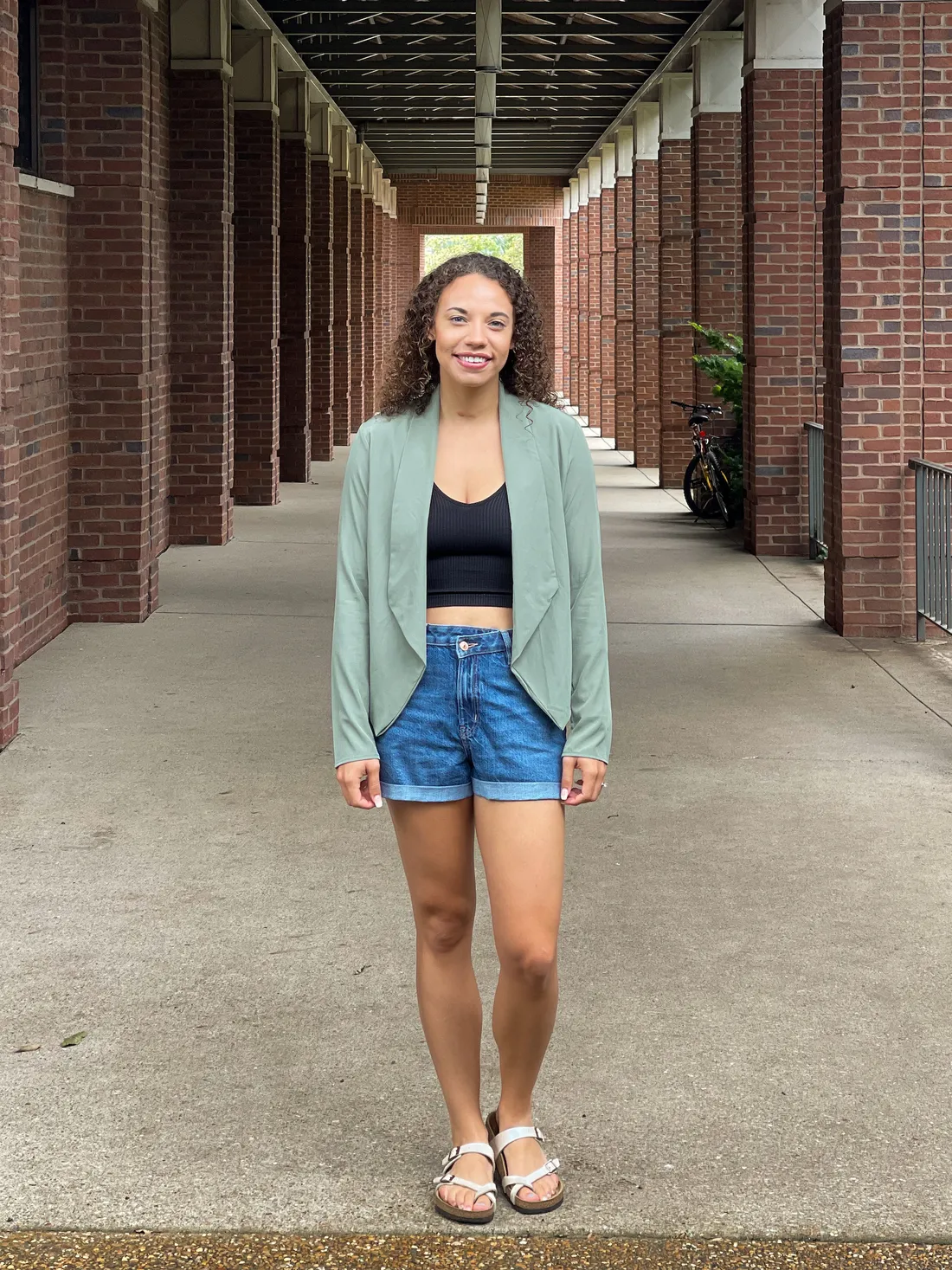
Anna Marie Andrews G’21 researched the intersection of technology and addictive behaviors, raising questions about corporate responsibility when it comes to the attention economy and child welfare.
Anna Marie Andrews G’21, who participated in the Atlantis program remotely from Sioux Falls, South Dakota, is interested in post-colonial issues related to sovereignty and statehood, and in ways international policy and law affect child welfare. Her internship with the Pompidou Group focused on the attention economy (where human attention is the commodity) and its intersection with addictive behaviors and substance misuse. “Essentially my research looked into questions like ‘What is ethical in the attention economy?’ and ‘What is corporate social responsibility for young people who become quite literally addicted to their devices or the internet?’"
Kattau believes that Andrews’ research, which was published by the council, exemplifies how interns can help to move the needle on how the international community addresses pressing issues of the day. But for Kattau, the impact of these internships goes beyond their contribution to research and the pieces they produce. In Strasbourg, he says, students work with senior players in the realm of policy and decision-making. “These interactions can really change mindsets and perceptions people may have about the United States,” he says. “Students have always been the best ambassadors for the U.S. The influence that students from the Syracuse program have had on European relations over the years must never be underestimated.”

